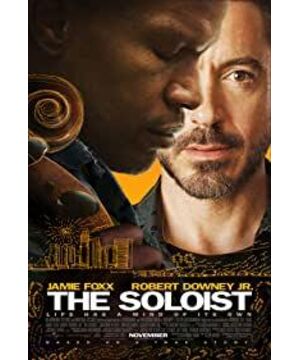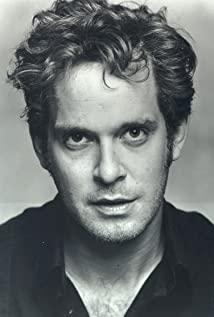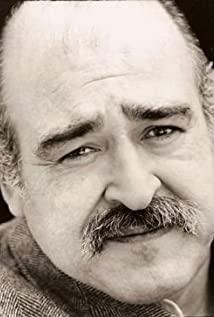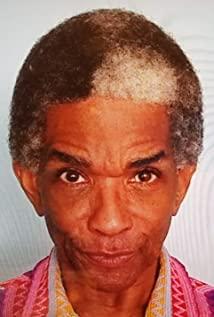A wealthy but mentally empty Los Angeles Times reporter, Steve, stumbles upon Nathaniel, a homeless man playing a two-string violin on the street. After talking, he found out that this homeless man with some mental problems was once a gifted student at the conservatory of music, so he decided to write a column about him. The film revolves around the resonance and collision between these two men in their relationship.
At first Steve saw Nathaniel as a normal material, but that changed completely after hearing Nathaniel for the first time. Steve took an old lady's favorite cello for fifty years to Nathaniel, who lived down the street in a car full of fancy rags. Nathaniel, who has always been able to play on a violin with only two strings, was so excited and nervous when he saw this precious gift that he could only touch the treasure with trembling hands and send a stray to it. Han's highest respect: "She's like a sausage." And Nathaniel's awkwardness and caution with the instrument made Steve beside him look impatient, but all the emotions came after he heard Nathaniel play Sweep away. This is also one of my favorite scenes in the whole film. In the splendid symphony of Beethoven, a group of white pigeons soared and flew freely to the sky to chase their dreams, wide and clean streets, towering skyscrapers, what a prosperous material civilization. But beneath it all, in an underground tunnel, there is a black tramp chasing his Beethoven dreams on a violin with only two strings. His ragged clothes and dirty hands could not hide a pure and shining soul.
Moved by Nathaniel's love and persistence in music, Steve decides not to let such a genius bury himself in the dirty streets and garbage heaps. He forced Nathaniel to go to a shelter, introduced teachers to teach him lessons, and even rented an apartment for him to live in. In the process, the two had a fierce conflict. Perhaps a large part of Nathaniel's outburst was the cause of mental illness, but it's undeniable that Steve always gave this help with a condescending attitude of white elitism, imposing his sympathy and ideas on Nathaniel and everyone else they saw. On the poor homeless man. These imposed aids pushed Nathaniel into a strange and cold world he didn't want to go to, so he wouldn't leave the little crappy car that gave him a sense of familiar security wherever he went. In the constantly flashing pictures, we can see that as the only black man in the band during his student days, Nathaniel undoubtedly faced a lot of pressure, which may be the source of his mental problems. So, when the white teacher, who cherishes talent and pity, forces Nathaniel to take the stage and face the crowd of whispering whites, he suddenly breaks down. Such a dazzling genius is destined to be a lonely soloist.
Nathaniel once worshipped and followed Steve, who brought him instruments and playing opportunities, as a god, which perhaps made Steve forget that he was a mortal. After falling out with Nathaniel, he realizes that his thoughts are not the truth, and he has no ability or need to change others. In the process of getting along with Nathaniel, Steve also learned a lot. Persistence in dreams and enthusiasm for life can also be said to be his own journey of self-worth discovery. At the end of the film, the director did not give a general dramatic plot. For example, Nathaniel completely cured his mental problems and performed on the stage of the Vienna Golden Hall. Nathaniel is still a soloist immersed in his own world, and at best he can only indulge in someone else's Beethoven offstage, and he still lives in an asylum. This ending, which has been criticized by many people, made me very satisfied. At first, I was worried that the main character's mental problems would be completely cured the moment I saw his sister, but fortunately not. One thing that has been criticized by many people for this film is that it has no ups and downs, no climax, and no emotional drama that makes people cry, but I think this kind of real regret is as touching as the incompleteness. After all, this is a film based on real events.
View more about The Soloist reviews











